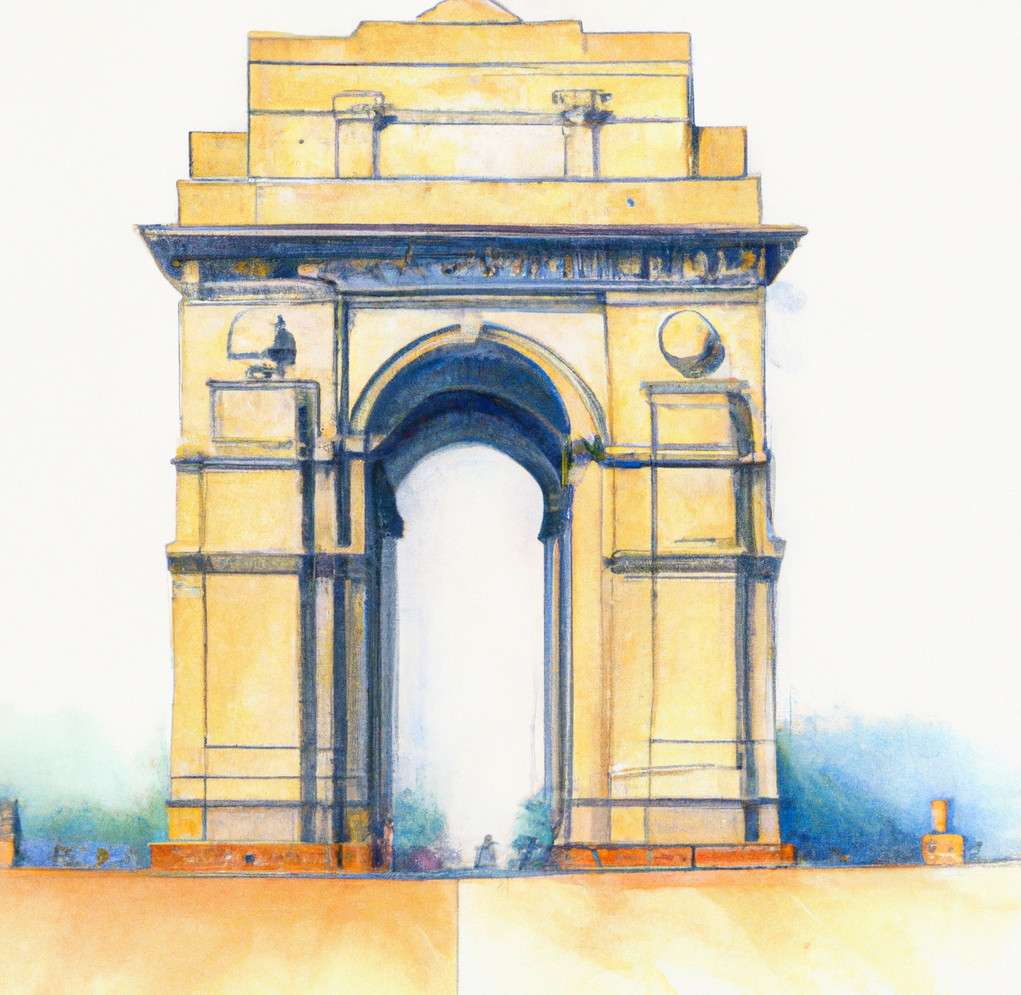Hindi is one of the most widely spoken languages in the world, with over 600 million speakers. It is the official language of India and is also spoken in countries such as Nepal, Mauritius, and Fiji. Hindi is a fascinating language that has evolved over centuries and has been influenced by various other languages.
One of the most significant influences on Hindi is Sanskrit. Sanskrit is an ancient language that has been the foundation for many Indian languages, including Hindi. Many words in Hindi have their roots in Sanskrit, and the grammar and sentence structure of Hindi also have similarities to Sanskrit.
Another language that has influenced Hindi is Urdu. Urdu is an Indo-Aryan language that is spoken in Pakistan and India. The two languages share a common vocabulary and grammar, and many Hindi speakers can understand Urdu and vice versa. However, Urdu uses a different script, and the pronunciation of some words can vary.
Persian is another language that has had a significant impact on Hindi. Persian was the language of the Mughal Empire, which ruled India from the 16th to the 19th century. Many Persian words were adopted into Hindi during this time, and they are still used today. In fact, some of the most common Hindi words, such as “shukriya” (thank you) and “aam” (mango), have Persian roots.
English has also had a significant influence on Hindi, especially in recent times. Many English words have been adopted into Hindi, and they are used in everyday conversation. For example, “computer,” “internet,” and “mobile” are all words that have been borrowed from English.
In conclusion, Hindi is a language that has been influenced by many other languages over the centuries. Sanskrit, Urdu, Persian, and English are just a few of the languages that have shaped Hindi into what it is today. Despite these influences, Hindi is a unique language with its own rich history and culture. Learning Hindi can be a rewarding experience for anyone interested in exploring the linguistic diversity of India and the Indian subcontinent.
